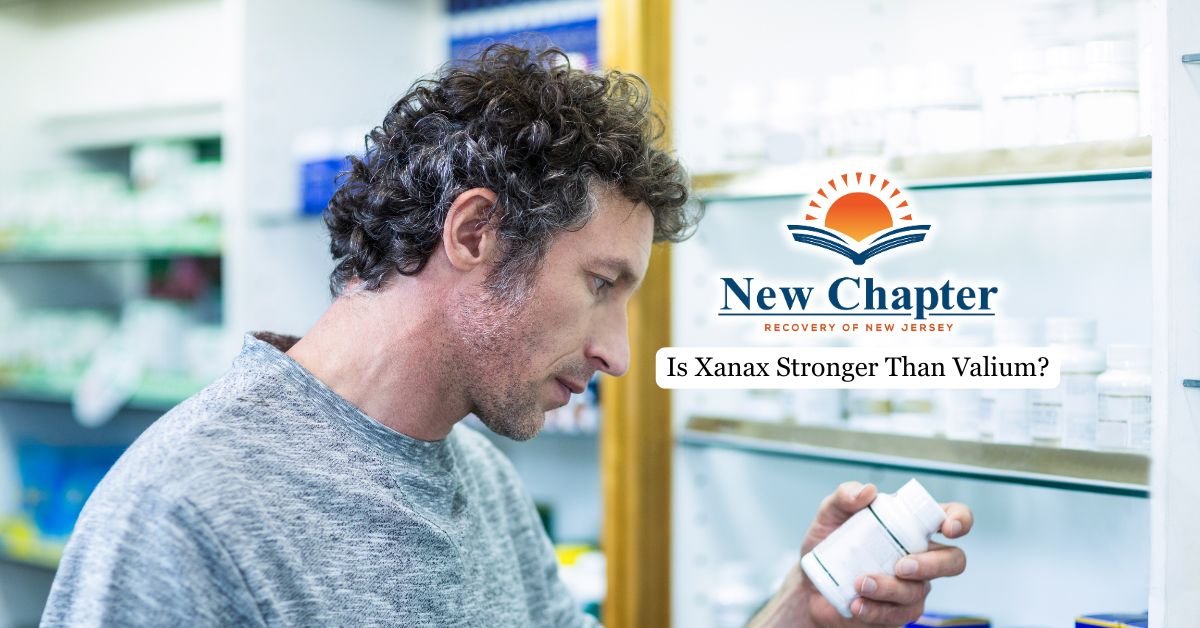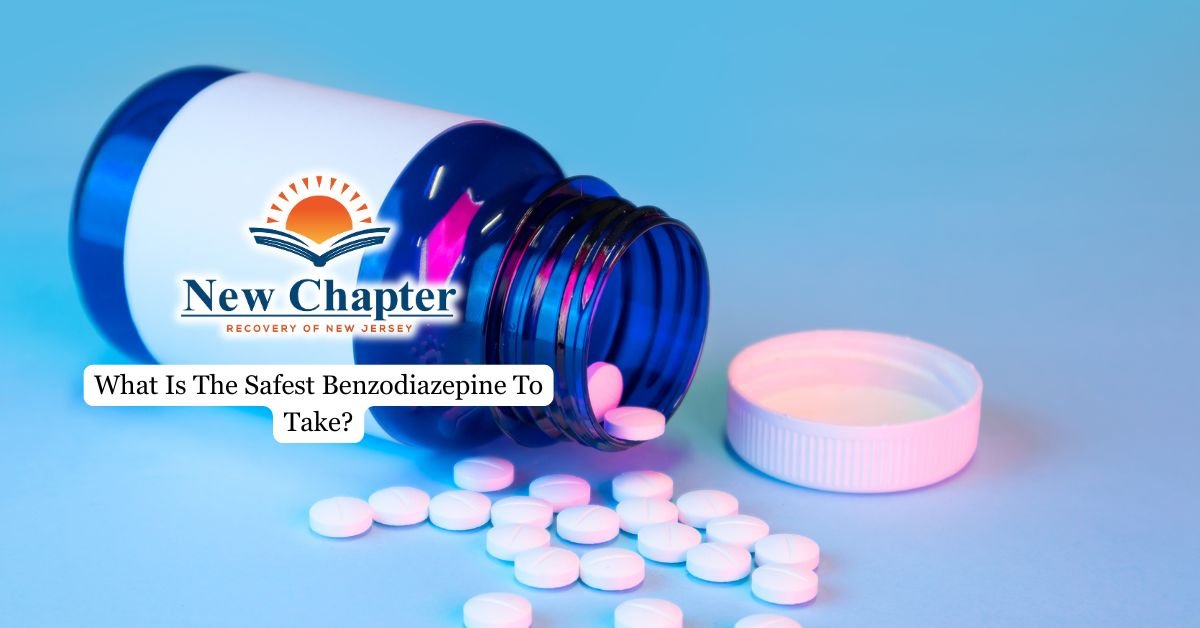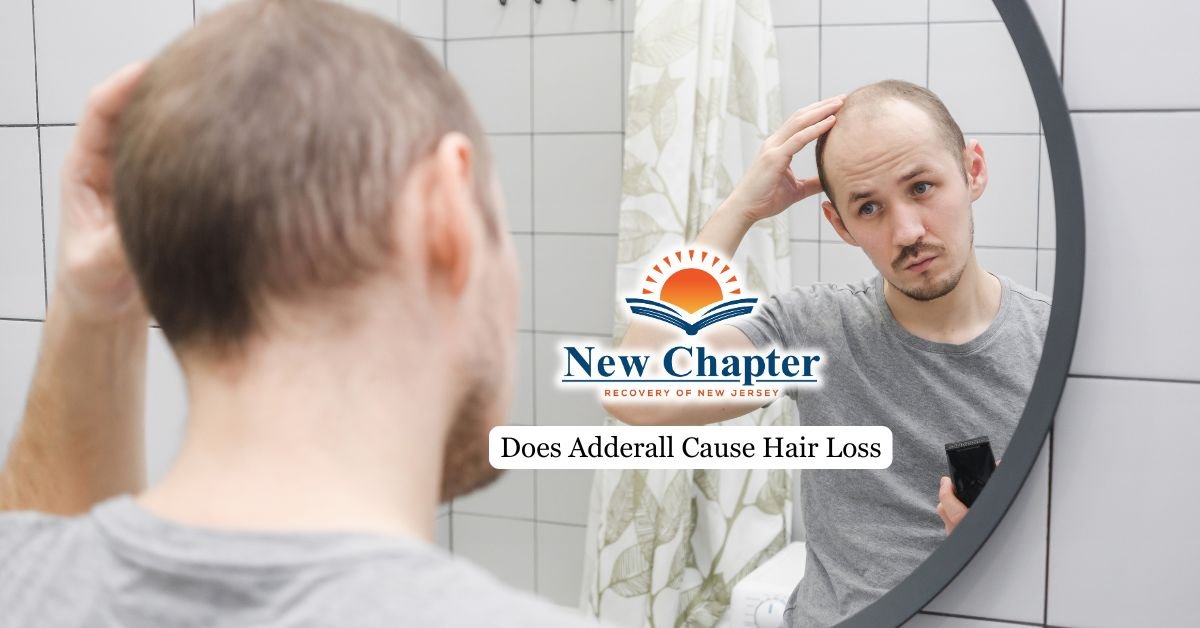Substance abuse treatment modalities are systematic approaches designed to address the root causes of addiction, not just the symptoms. These methods include therapy, medication-assisted treatments, and other supportive interventions that aid in the individual’s recovery journey.
Each modality plays a unique role within the broader addiction treatment framework. By exploring these varied approaches, individuals can gain a clearer understanding of how different components collaborate to promote effective recovery.

Common Substance Use Treatment Modalities
When addressing substance abuse, common treatment modalities include detoxification, psychotherapy, group therapy, individual therapy, and behavioral modification.
Group therapy involves sessions with multiple participants, promoting a sense of community and shared experiences. This type of therapy aims to reduce isolation, enhance coping skills, and offer a supportive environment for individuals to address substance abuse issues.
Individual therapy, on the other hand, provides personalized one-on-one sessions tailored to specific needs. Through individual therapy, individuals can establish a trusting relationship with a counselor, address personal challenges, identify underlying mental conditions, and complement other therapeutic approaches effectively.
Behavioral therapies are also utilized to modify unhealthy behavior patterns and encourage positive changes in daily life.
Medication-Assisted Treatment (MAT)
Medication-Assisted Treatment (MAT) combines medication, counseling, and behavioral therapy to support addiction recovery. This approach is cost-effective for healthcare organizations assisting uninsured individuals with substance abuse issues.
By regulating brain chemistry, MAT aids in addiction recovery and helps individuals sustain sobriety. It addresses the psychological and physiological aspects of substance use disorders, offering a holistic treatment approach.
MAT is particularly beneficial for opioid addiction, offering a comprehensive recovery strategy. Embracing MAT can be a significant step towards achieving long-term healing and well-being in the journey to conquer addiction.
Motivational Interviewing in Therapy
Motivational Interviewing in therapy is a collaborative approach that aims to address ambivalence towards change and promote commitment to recovery.
This method, based on intrinsic motivation, assists individuals in substance abuse therapy in confronting uncertainties and progressing towards positive change.
Through patient-centered conversations, individuals are encouraged to explore their own motivations for change, which can enhance self-efficacy and empowerment during the recovery process.
Motivational Interviewing is recognized for its cost-effectiveness and is supported by research for its effectiveness in addressing substance abuse issues.

Group Therapy Support and Encouragement
In substance abuse treatment, group therapy plays a crucial role by offering social interaction and support to individuals recovering from addiction. This form of therapy allows participants to connect with others who are facing similar challenges, reducing feelings of isolation and building a sense of community.
Research suggests that group therapy is equally effective as individual counseling in addressing addiction. Through group sessions, individuals can receive encouragement, share their experiences, and gain diverse perspectives on their recovery journey. This supportive environment not only helps individuals feel understood but also offers a cost-effective option for ongoing support during the healing process.
Embracing group therapy can be a valuable tool in the recovery process from substance abuse.
Individual Addiction Therapy Approaches
Individual addiction therapy approaches involve personalized counseling sessions that target specific issues and uncover underlying mental health conditions. These sessions provide a space for in-depth analysis, building trust, and addressing complex needs, including co-occurring mental health conditions.
Tailored treatment plans are designed to accommodate individualized pacing, ensuring that clients receive personalized care that aligns with their unique requirements. Despite being costlier, the high level of customization and attention offered in individual therapy can be highly effective in addressing specific concerns.
This approach encourages self-awareness, explores underlying beliefs and behaviors, and helps individuals navigate emotional and psychological barriers on their journey to recovery.
Cognitive Behavioral Therapy (CBT) for Addiction
Cognitive Behavioral Therapy (CBT) for Addiction is an approach that focuses on the interplay between thoughts, emotions, and behaviors in addressing addictive tendencies. This form of therapy aims to target negative thought patterns that underlie substance abuse behaviors, with the goal of promoting positive changes and breaking destructive patterns.
By fostering self-reflection, CBT empowers individuals to make healthier choices and implement effective strategies for overcoming addiction-related cognitive challenges. Research indicates the effectiveness of CBT in helping individuals combat addiction by equipping them with tools to identify and modify thought processes contributing to substance abuse.
Through CBT, individuals can acquire the necessary skills to navigate obstacles and sustain sobriety successfully.
Finding Effective Treatment Options
Effective treatment options for substance abuse include a variety of modalities such as detoxification, psychotherapy, group therapy, individual therapy, and behavioral modification therapies. Group therapy offers a supportive setting for individuals to share experiences, gain insights, and learn coping strategies from peers facing similar challenges.
Conversely, individual therapy provides personalized care tailored to specific needs, addressing underlying issues and fostering self-awareness. These treatment approaches are essential in effectively addressing substance abuse. By integrating group therapy for peer support and individual therapy for individualized attention, individuals can progress towards recovery with a comprehensive strategy targeting both social and personal aspects of addiction.
Engaging in these modalities ensures a more holistic and customized approach to healing.
Final Thoughts From New Chapter Recovery Center
In conclusion, substance abuse treatment modalities offer a holistic approach to addressing addiction. They combine behavioral interventions, counseling, and medical support to empower individuals on their journey to recovery.
By providing personalized care and creating a supportive environment, these modalities help individuals make positive changes and work towards long-term healing and well-being.
Remember, there are effective treatment options available to support you on your path to recovery.
Frequently Asked Questions
How can someone determine which treatment modality is best suited to their needs or addiction severity?
The best treatment modality can be determined by evaluating the individual’s specific needs, the severity of their addiction, and any co-occurring mental health conditions. A thorough assessment by a healthcare professional will help identify the most appropriate approach, whether it’s inpatient care, outpatient therapy, medication-assisted treatment, or a combination of these modalities, based on the individual’s unique circumstances.
How does one know when it’s the right time to transition from detox to therapy or MAT during addiction treatment?
The transition from detox to therapy or Medication-Assisted Treatment (MAT) is typically guided by the individual’s physical stability and readiness for the next phase of recovery. Once the body has cleared the substance and the individual is no longer experiencing acute withdrawal symptoms, therapy or MAT can begin to address the psychological aspects of addiction, ensuring long-term recovery and relapse prevention.
How do treatment modalities for substance abuse differ between inpatient and outpatient settings?
Inpatient treatment provides 24/7 care in a controlled environment, offering intensive therapy, medical supervision, and structured routines. Outpatient treatment, on the other hand, allows individuals to live at home while attending regular therapy sessions, providing flexibility for those with less severe addictions or those who have completed inpatient care but still need ongoing support.
Are there any specific treatment modalities that work better for certain types of substance abuse?
Yes, some treatment modalities may be more effective depending on the substance of abuse. For example, Medication-Assisted Treatment (MAT) is particularly beneficial for opioid addiction, while therapies like Cognitive Behavioral Therapy (CBT) or contingency management may be more effective for individuals recovering from alcohol or cocaine addiction, as they target specific behaviors and thought patterns associated with each substance.






